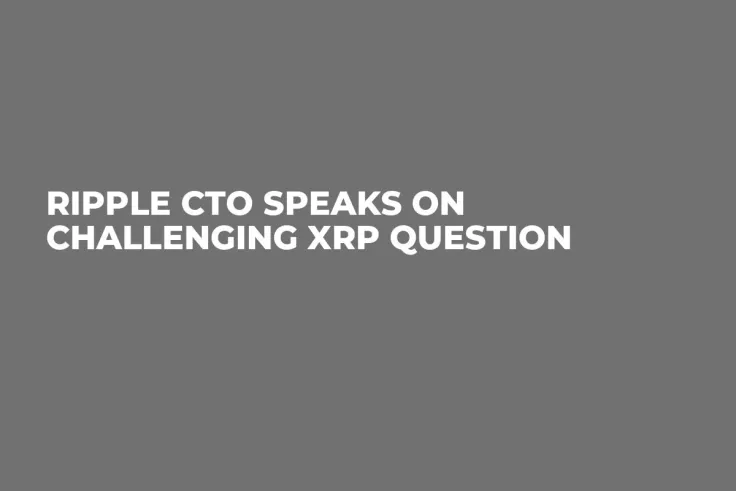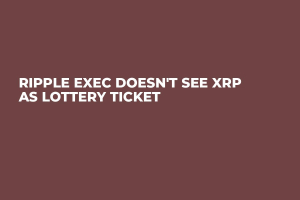
In a recent development, David Schwartz, Chief Technology Officer of Ripple, addressed a challenging question regarding the nature of the XRP token and its potential for gradual appreciation. Schwartz's remarks came amid discussions within the community regarding the token's role in generating passive income, particularly in light of the activation of the XRP Ledger automated market maker (AMM).
Schwartz elucidated his perspective on XRP, characterizing it as a high-volatility asset similar to most cryptocurrencies. He emphasized the concept of gradual appreciation, likening it to the long-term behavior observed on Bitcoin over the past 12 years. While acknowledging the volatility inherent in digital assets, Schwartz underscored the potential of AMMs in harnessing this volatility to generate yield while mitigating risks associated with long-term price fluctuations.
Schwartz's response addressed concerns raised about XRP's perceived lack of gradual appreciation compared to other speculative projects. He positioned AMMs and staking as alternatives to long-term holding, offering avenues for yield generation while acknowledging the inherent volatility of digital assets. Contrary to notions of seeking higher returns through riskier ventures, Schwartz emphasized the role of AMMs in providing sustainable yield without promising unrealistically high returns.
Gradual appreciation
The discourse around XRP's potential for passive income has intensified with the introduction of XRPL's AMM, prompting misconceptions among some investors regarding the nature of DeFi products and associated risks.
Schwartz's clarification sought to educate stakeholders and temper unrealistic expectations, advocating for a more informed and realistic approach to engaging with XRPL's decentralized features.
Schwartz addressed concerns from skeptics who favored projects with more speculative appeal, asserting that AMMs offer a viable alternative for those seeking to navigate the unpredictable landscape of digital assets without resorting to higher-risk ventures.


 Vladislav Sopov
Vladislav Sopov Dan Burgin
Dan Burgin